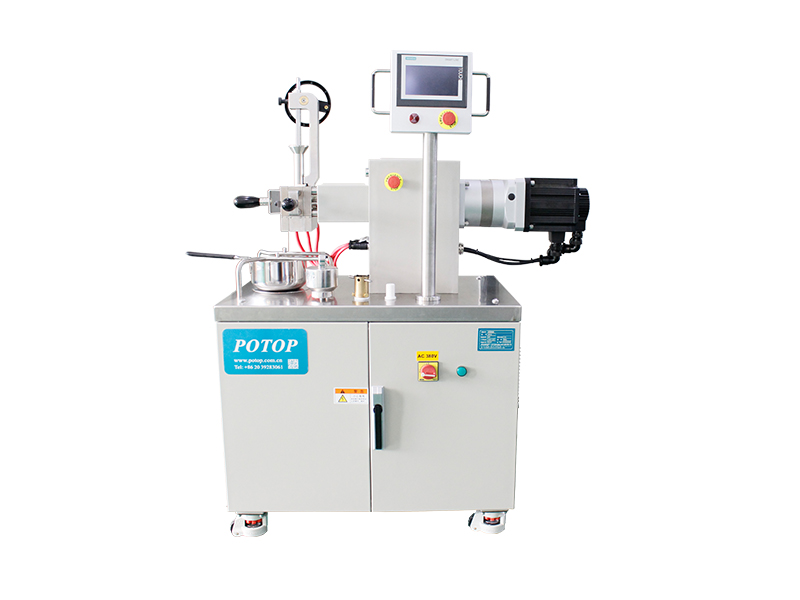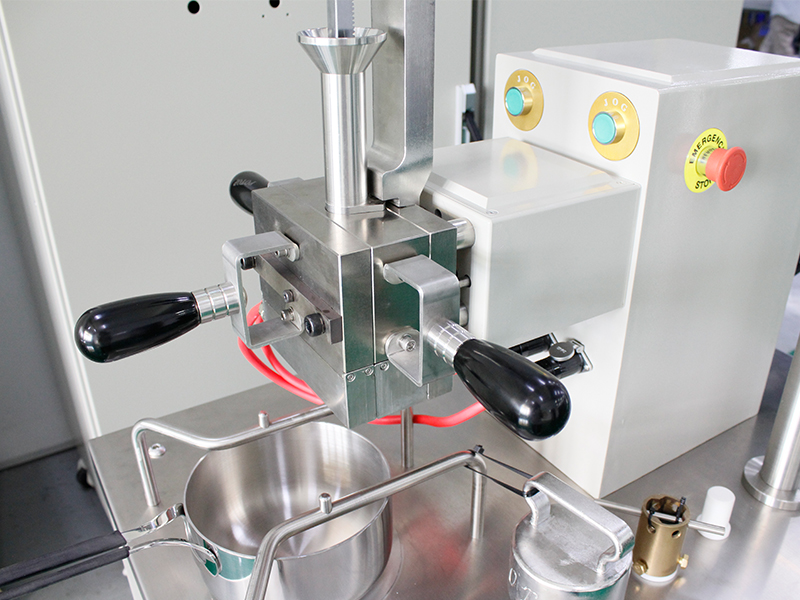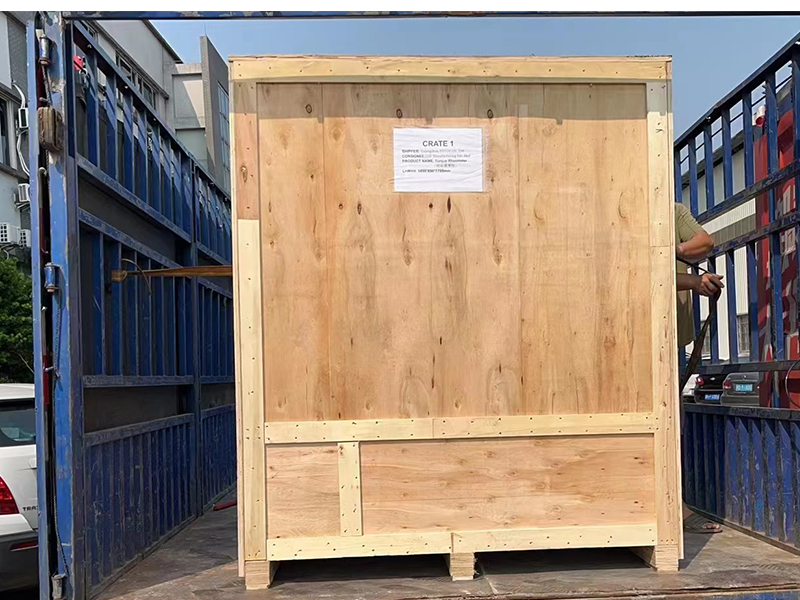Hot news:Torque rheometer was exported to Malaysia on September 16th
Torque rheometry has proven itself a valuable tool for studying multicomponent thermoplastic systems to assess processing behavior. Torque rheometry measures the viscosity-related torque generated by the resistance of a material to the shearing action of the plasticating process. Typical analyses include the study of processing behavior, influence of additives, thermal sensitivity, shear sensitivity, compounding behavior, and others. Torque rheometry is therefore an excellent tool in helping determine the most process-stable formulation (resin, color concentrate, and additives) for your process. It is also often used successfully in trouble-shooting unwanted degradation and gel formation problems.
Precautions for use the Torque rheometer
1. When installing the experimental platform, attention should be paid to the connection sequence of the thermal sensor and the heating power interface. The wrong connection sequence will lead to the failure to correctly control the temperature.
2. When the temperature of one area of the mixer or extruder is more than 10℃ lower than the set temperature, the residual material in the equipment may not be completely melted. At this time, rotating the motor may damage the equipment. The temperature and the output speed of the motor must reach the set value and be stable before the experimental operation can be started.
3. After each experiment, the mixing device should be cleaned, and the rotor in the mixing device should not be reversed; R to R. L to L. Remember to turn off the power.
4. At the end of the experiment, add a small amount of lubricant, and then remove the cleaning mixer





